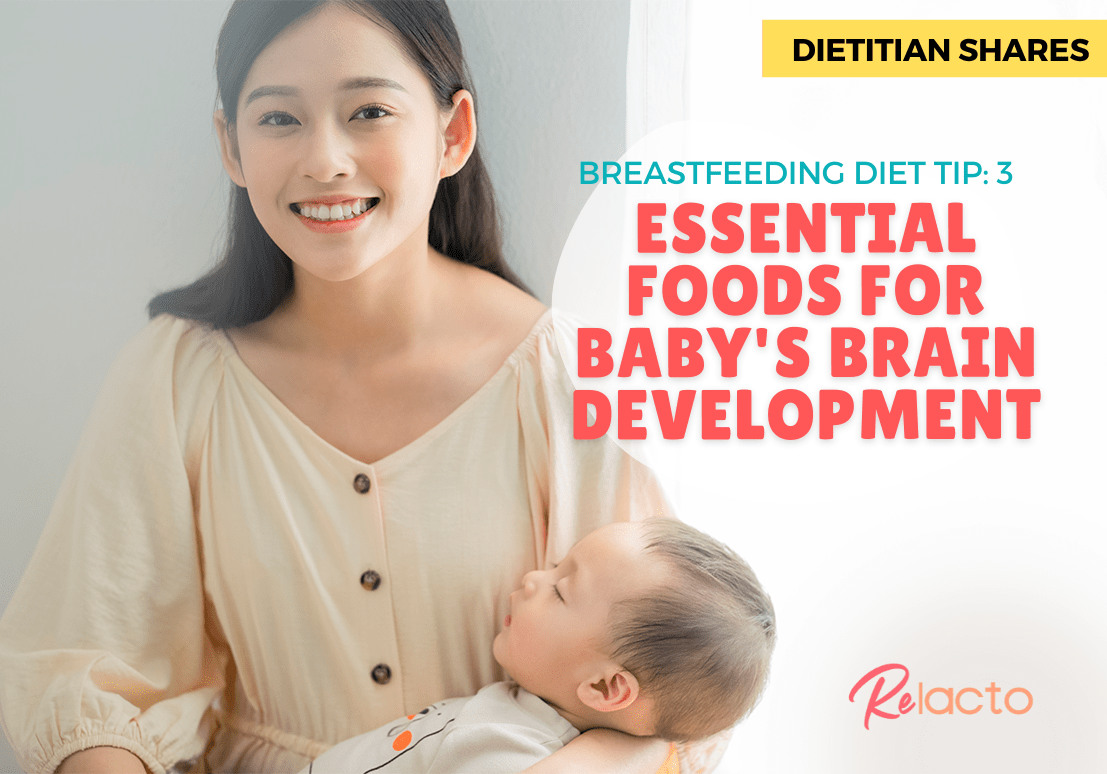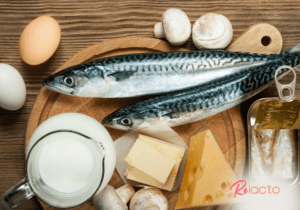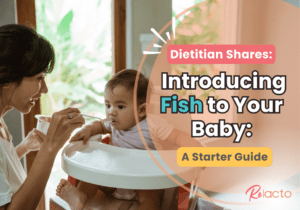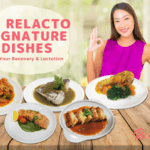Dietitian Shares: Breastfeeding Diet Tip: 3 Essential Foods For Baby’s Brain Development

Did you know the micronutrients of your breast milk vary based on how you eat as you breastfeed? During the first month of postpartum, many mothers may be googling foods to increase breast milk or foods that boost breast milk all the time. The list shared can be very helpful and effective for some mothers. However, have you thought about how you can optimize your breast milk? The micronutrients in your breast milk are not fixed and it varies based on a mother’s intake. Some of these nutrients are essential for brain development and function. Deficiencies in these nutrients can impact or delay the development of the brain in babies. Thus, it is important to note the next three essential nutrients and the foods rich in them!
Omega 3-DHA (fish)
Technically, you will not be able to make your breast milk “fattier” as the total fat provided in the breastmilk is not dependent on a mother’s intake. However, the composition of different fatty acids that makes up the total fat in breast milk is modifiable based on a mother’s diet. This means if a mother has higher intakes of Omega 3-DHA fatty acids, there would be more Omega 3-DHA fatty acids present in the milk.
This is important especially as Omega 3-DHA is essential in brain development for babies. The potent version of Omega 3-DHA can only be found in marine sources. Plant-based sources of Omega 3 are in the inferior form of Omega 3-ALA. Its conversion to DHA is close to zero and thus would not be able to be used efficiently for brain development in babies.
Source of Omega 3-DHA can be found in fish and seafood. Some of the sources of Omega 3-DHA that are low in mercury and are safe for mothers to eat twice to thrice a week are fish like salmon, skipjack tuna, mackerel, codfish and shrimp. Raw fish like sashimi is discouraged due to concerns about food safety for pregnant mothers as they are more prone to food poisoning during this period of time. So fully cooked foods that are piping hot are much encouraged for mothers to have.
Choline (eggs)
Another micronutrient that is dependent on mother’s intake is choline! Together with folic acid, It is also essential in the brain and spinal cord development of babies! More recently, the American Medical Association and American Academy of Paediatrics have recognised that a failure to provide choline during the first 1000 days post-conception could result in lifelong deficits in brain function regardless of subsequent nutrient repletion.
In Australia, the dietary guidelines have been revised and have acknowledged the importance of adequate choline intake during pregnancy. Based on the Choline recommendation in Australia for breastfeeding mothers, pregnant mothers are recommended to have at least 550 mg of choline per day.
Having just two eggs per day would be able to provide you with 294 mg/day, which is more than 50% of your requirement! Other foods that are also a good source of choline are shiitake mushrooms, chicken breast, soybeans, salmon, and beef! Those who are vegetarian may be at higher risk of being inadequate in choline intake. Thus, choline supplementation should be discussed with your dietitian according to your needs during breastfeeding.
Iodine (milk/fish/seafood)

In Singapore, iodine deficiency is not prevalent but that does not mean this nutrient is not important. Adequate iodine is essential for appropriate growth as it regulates your hormones and brain development.
During pregnancy, the recommendation of iodine is 200 mcg per day. This can be obtained easily from marine sources, like fish, seafood and even seaweed! Those who do not have access to such foods, are at higher risk of being iodine inadequate, thus alternative iodine-sourced foods you could have from milk, milk products, fortified cereals and your green leafy vegetables too! It is also recommended to have your regular iodized table salt too!
Conclusion
Incorporating these three types of foods rich in such nutrients in your diet is important especially since the levels vary in your breast milk depending on how well you eat. If you find it too overwhelming to keep up, it is important to seek out help from friends and family with the food you’re eating as you’re breastfeeding your little one. These days, there are also many breastfeeding food package available in Singapore.







